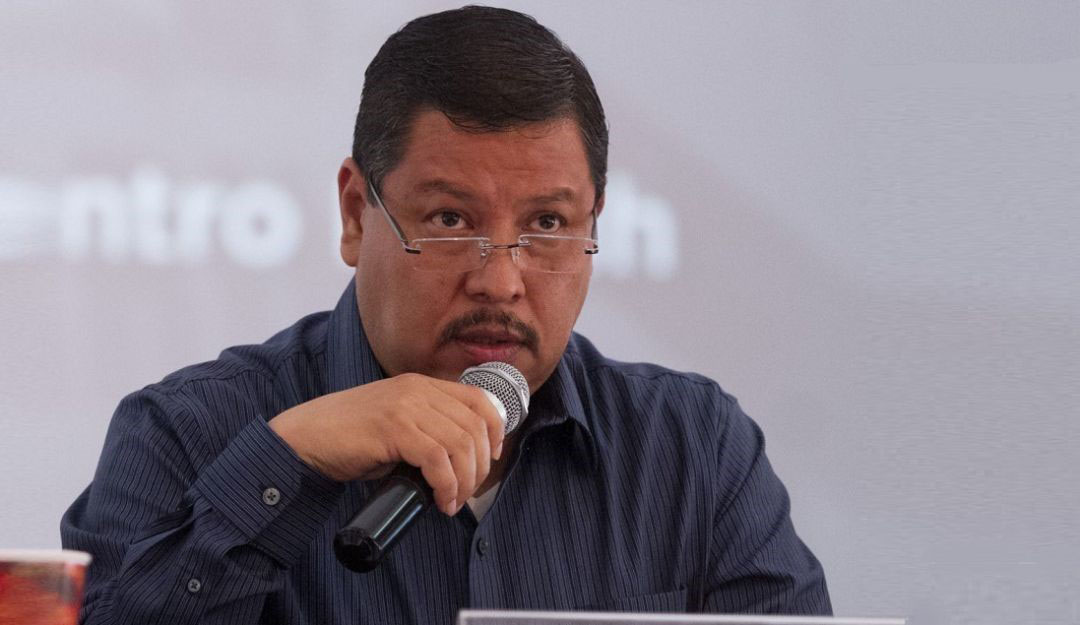MEXICO CITY, (Reuters) – Mexico’s president confirmed for the first time yesterday that his government monitored the phone of a human rights activist, stressing it was a lawful part of a probe into a suspected gang member.
Over decades, Mexico has struggled to reign in powerful organized crime groups while safeguarding free speech rights.
A report by non-profit groups this month accused Mexican authorities of hacking the communications of prominent activist Raymundo Ramos in 2020, publishing documents that it said showed the military had access to messages Ramos sent to journalists.
President Andres Manuel Lopez Obrador has repeatedly denied allegations that his government spies on activists, journalists and opponents, while saying it does intelligence work to fight crime.
On Thursday, he said the government had access to Ramos’ phone because officials were investigating a suspected criminal who he said spoke with the activist.
“This citizen … was speaking on the phone to a suspected drug trafficker,” Lopez Obrador said in a regular news conference. “Since the suspected drug trafficker was being investigated, we obtained this recording.”
Mexico’s National Intelligence Center was involved in the case, he said, adding that the entity typically focuses on suspected criminals and can tap their phones with a judge’s authorization.
He did not give further details on Ramos’ case, but generally called into question official Mexican documents obtained by unauthorized hacks.
Ramos represents victims of military abuses in the violent northern state of Tamaulipas, where criminal gangs often wage bloody turf battles.
Asked about Lopez Obrador’s comments, Ramos said the government was trying to silence him.
“They want to shoot the messenger,” he told Reuters.
Mexican digital rights group R3D and Toronto-based digital watchdog group Citizen Lab previously documented that Ramos’ phone had been targeted by Pegasus in 2020, one of several alleged usesof the controversial spyware during Lopez Obrador’s administration.
R3D later cited documents discovered in a mass hack of Mexican military emails that it said showed the army had spied on Ramos’ phone.
A statement from Lopez Obrador’s office issued later on Thursday noted that some of the leaked documents cannot be verified.
“Some documents disseminated in the media about alleged acts of espionage are not official, are not signed or endorsed by any competent authority,” according to the statement, concluding that some are “apocryphal,” or of doubtful authenticity.
It added that the government’s intelligence-gathering efforts do not seek to interfere in the privacy of politicians, activists and media figures, and said people without links to organized crime have not been targeted.
However, it acknowledged that intelligence has led to certain cases where “some people,” presumably civilians, have been shown to have unspecified links to criminal organizations.
The statement did not specifically address Ramos’ case.





